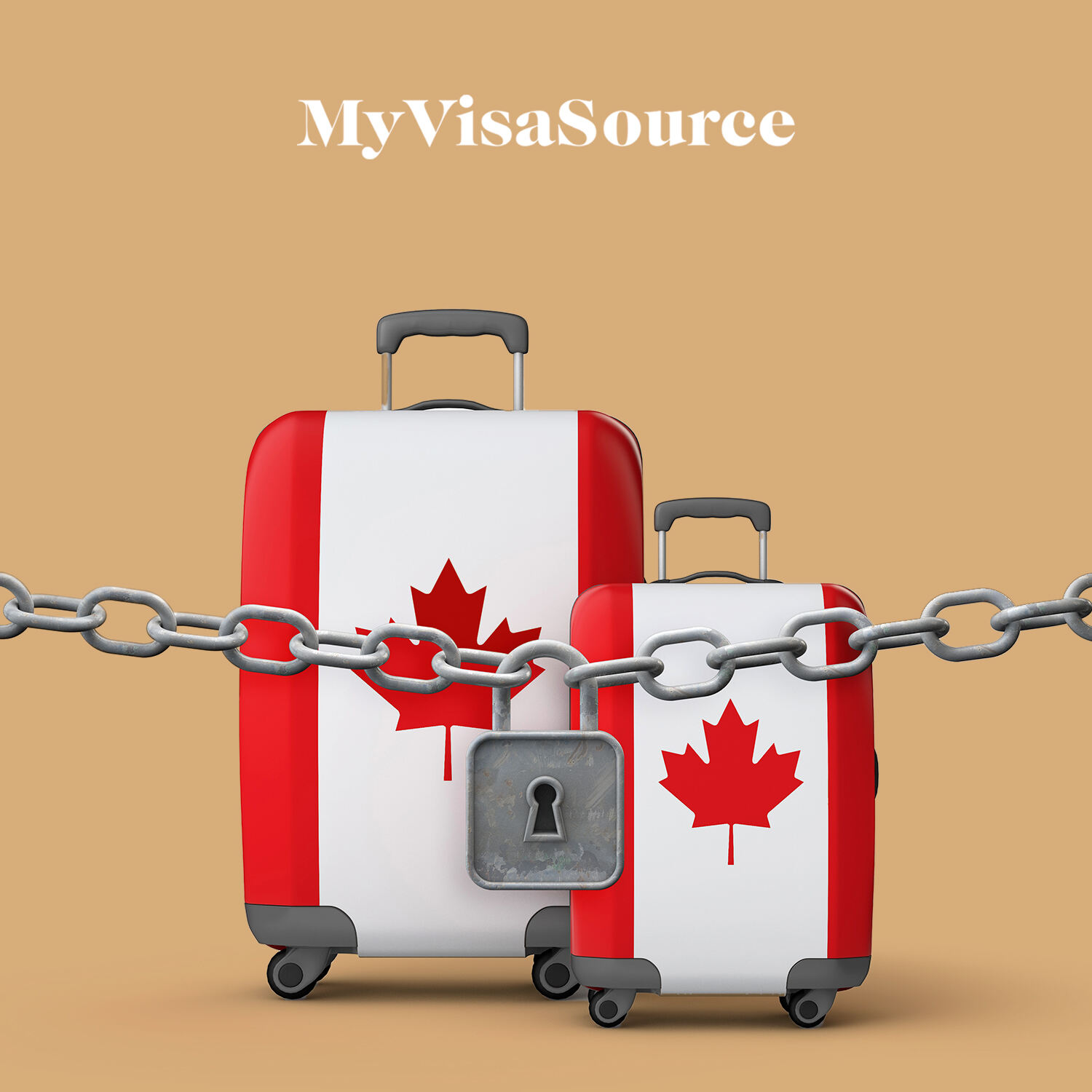Given the ongoing global pandemic, the Canadian government had to impose certain restrictions on the border and international travel. These restrictions have hampered the growth of the Rural and Northern Immigration Program (RNIP). Participating communities have experienced a decline in the number of immigrants coming through the program leading to local businesses facing a shortage of workers.
In 2021, Sudbury could nominate only 39 workers through the program against the target of 150 new immigrants. Including the accompanying family members of the nominated applicants, only 80 people have since moved to the area. While the RNIP is there to assist in filling vacancies, the ongoing travel restrictions have made it harder to invite overseas applicants.
The RNIP was launched in 2019 to encourage economic immigration to rural and northern communities of Canada. Currently, 11 communities across the provinces of British Columbia, Alberta, Saskatchewan, Manitoba and Ontario are participating in the pilot program. It is a 5 year program aimed at addressing local labor market shortages and helping the communities retain new immigrants. For provincial and territorial PNP programs.
What Are the Requirements for the Communities to Participate in the RNIP?
To be eligible to participate in the RNIP, the community must:
- Have a population of at least 50,000 or less and be located within 75 km of a Census Metropolitan Area or
- Have a population of at least 200,000 and be remote from other larger cities according to the Statistics Canada Remoteness Index
Applicants interested in this pilot will be required to meet 2 types of eligibility criteria. One for the federal government and another for the community they will be residing in. Applicants require a valid job offer from an employer based in one of the participating communities and a community recommendation to be eligible for permanent residency through this program.



















